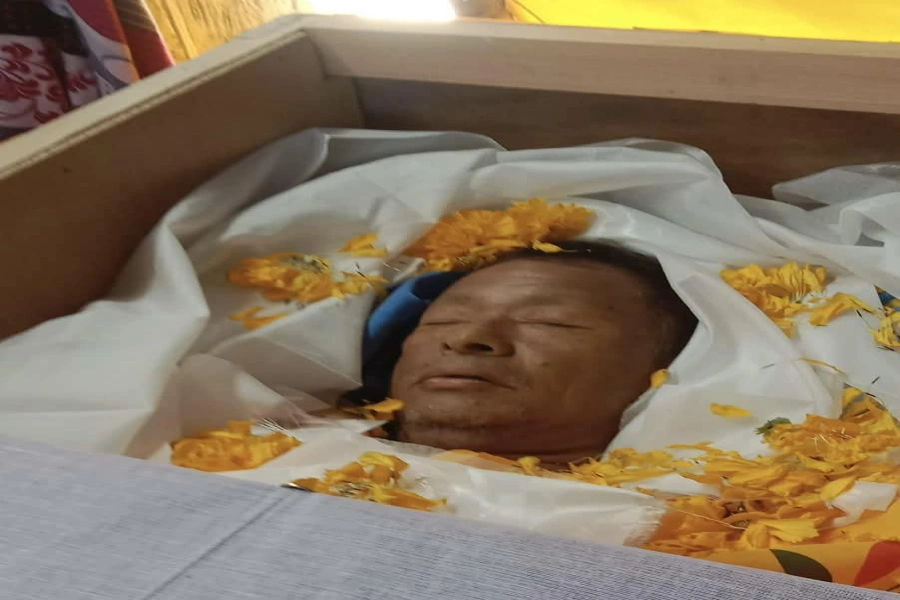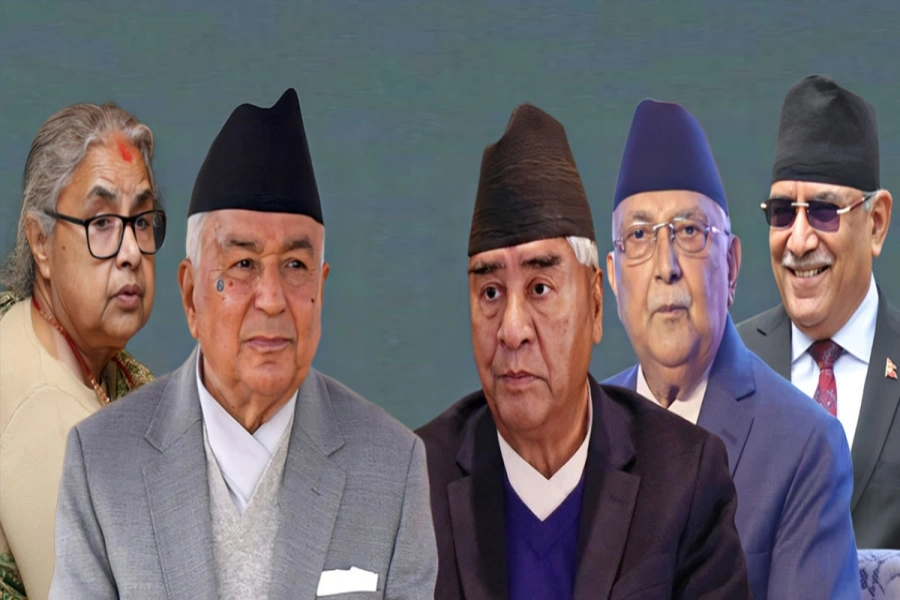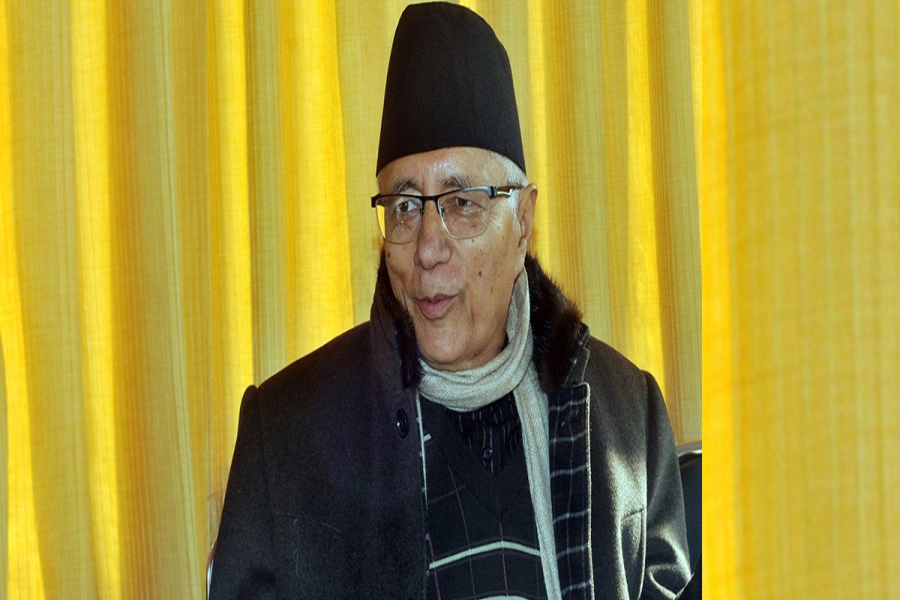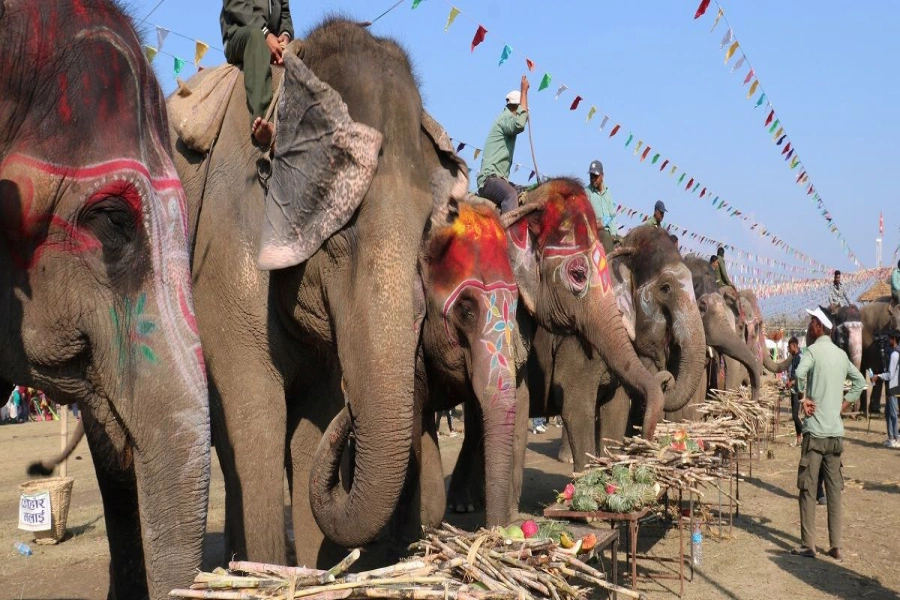KATHMANDU, July 27: The government has prepared to provide health insurance for the proper care and health treatment of prisoners in prisons across the country. The process of health insurance for 28,000 prisoners and detainees has been advanced by the inter-ministerial coordination task force. The inter-ministerial coordination task force has proposed health insurance coverage for prisoners to the Council of Ministers on the basis of detainee applications.
The task force consists of the Head of the Department of Prison Management (DoPM), Ministry of Home Affairs, Health Ministry, Head of Health Services Department and Chief Medical Superintendent of Central Prison Hospital. Dr Prakash Budhathoki, the medical superintendent of the Central Prison Hospital, informed Republica that a proposal had been put forward to provide the insurance coverage on the basis of the detention orders of the inmates as doing so on the basis of the citizenship certificate would not include even 20 percent of the inmates.
According to the data of the DoPM, the government spends Rs 100 million annually on the treatment of prisoners. Participating in the health insurance program will cost Rs 98 million to the government. Officials claim that the health insurance program will reduce treatment costs of the government, patients will get convenient treatment on time and that will help reduce the risk of death.
Insurance authority issues directives on monetary loss insuranc...

According to the DoPM, the details of some 2,800 prisoners were entered into the Insurance Board database for health insurance based on their citizenship certificates. The DoPM has planned to start a health insurance program from mid-August on the basis of the applications of detainees along with prisoners whose data has been already collected on the basis of citizenship. Prisoners from about the 72 prisons across the country have to visit Central Prison Hospital, Sundhara, for treatment. The 30-bed hospital sends specialized and complicated patients to different government hospitals in the capital.
According to the hospital, 200 patients come to the Central Prison Hospital daily after initial health check-ups from prisons across the country. As 40 percent of the patients who come for treatment stay in the central jail for treatment, the number of the prisoners has increased. Prison chief Lalit Basnet said that 3,450 prisoners have to be kept in the central prison with a capacity of 1,500 due to the influx of patients from all over the country. Doctors say that the number of patients is increasing due to gatherings, diet, nutrition, and lifestyle.
There are 1,600 prisoners and detainees with complex diseases in the Central Prison Hospital. They are receiving regular treatment and medicine. The hospital has recommended 5,853 people for specialized treatment in the last one year. There are not enough health workers in prisons across the country. In 20 district prisons, there are no posts of health workers. In those places, the prisoners could not even get primary health care. Stating that the budget allocated by the government for the treatment of prisoners is insufficient, the head of the Central Prison, Lalit Basnet, said that there are problems in treatment, care, nutrition and management.
“Regular health check-ups of patients will be easier and the compulsion to come to Kathmandu for complex treatment will be removed. After the introduction of insurance, it will be easier to get specialist services in the district. At present, when the cost of treatment is increasing the burden on the state, the responsibility is reduced,” said Dr Budhathoki, the head of the hospital. “The government can provide good treatment services to the prisoners at a low cost. In this way, the state also fulfills its role of a guardian.”
Although there is a provision to check the physical health and mental health of prisoners before sending them to prison, it has not been implemented.
Health care, post-mortem information testing, and proper housing and legal assistance are all covered by international human rights principles. According to the data of the DoPM, as many as 60 prisoners die every year. However, 78 prisoners died during the financial year 2077/78 BS, according to the prison department.






































